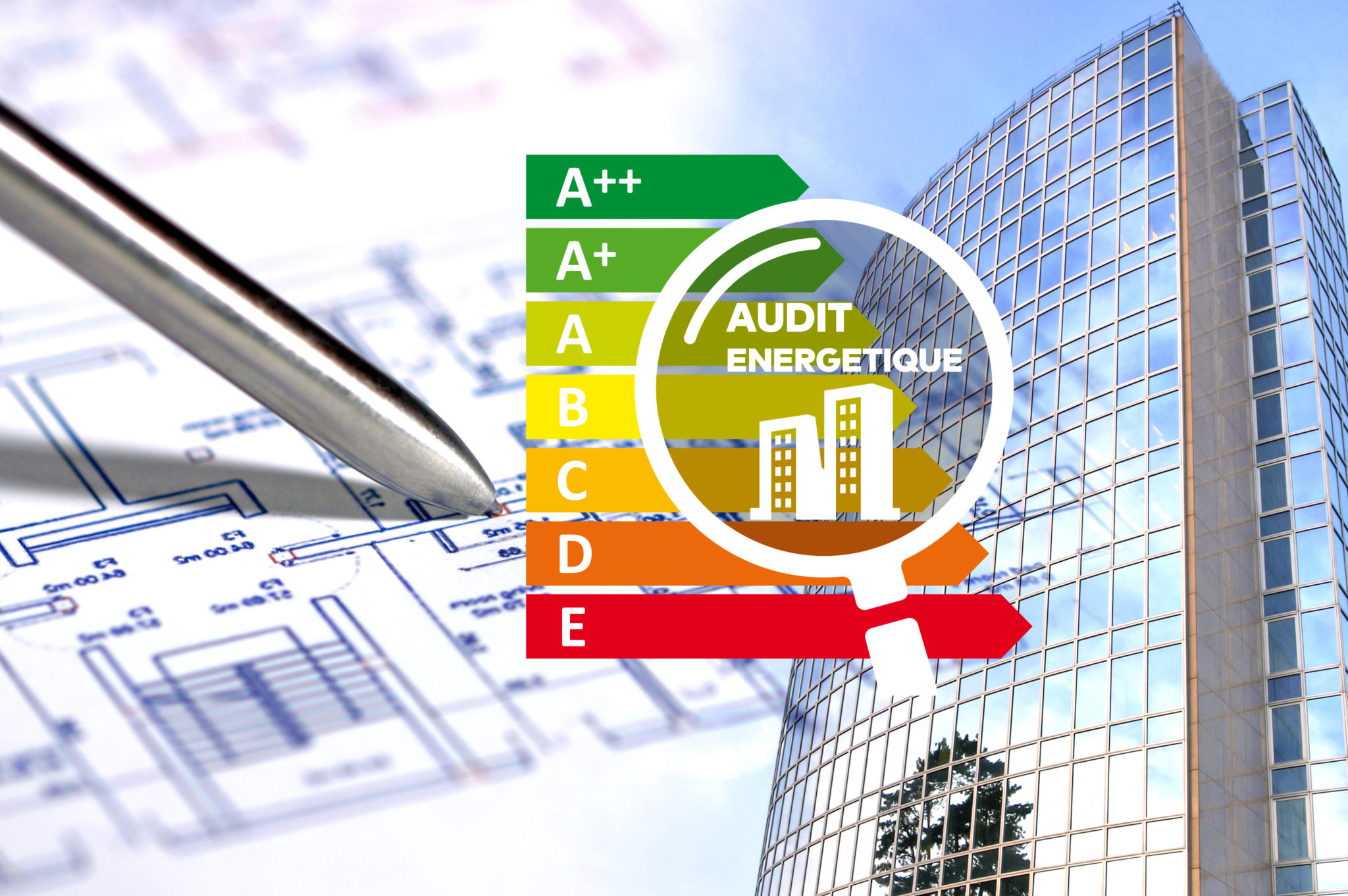Study and Audit
Optimize your consumption and reduce your costs.
What is an energy audit?
An energy audit is a detailed analysis of the energy consumption of a building or facility. It identifies sources of waste, evaluates the efficiency of the systems in place, and proposes solutions to improve energy performance. Carried out by our experts, this audit allows us to draw up a precise inventory and define an action plan to significantly reduce energy costs and the carbon footprint.

Our energy audit methodology
Preliminary analysis
We start with exhaustive data collection to understand your consumption habits and identify the first areas for improvement.
On-site inspection
Our experts carry out a detailed visit to your facilities to analyze the heating, ventilation, air conditioning, lighting systems and other energy-consuming equipment.
Diagnosis and recommendations
We establish a precise diagnosis of your energy situation and offer tailor-made recommendations, ranging from installation optimization solutions with short payback times (quick wins), to energy recovery and other installation modifications. We combine the energy audit with a study of the implementation of renewable energies (ENR) in order to further reduce the energy and carbon impact.
Action plan
We develop a personalized and detailed action plan including prioritization of areas for improvement and work, their costing and return on investment projections. This plan guides you step by step towards better energy efficiency.
A question about our studies and audits?
Why make
an energy audit?
Discover hidden savings
Discover hidden savings
An energy audit reveals potential savings by identifying areas of overconsumption and inefficiencies. Reducing your energy costs can free up significant financial resources for other strategic investments.
Improve your environmental performance
Improve your environmental performance
By optimizing your energy consumption, you not only reduce your bills, but also your environmental impact. Contributing to the fight against climate change improves your brand image, meets the growing expectations of customers and partners and helps you meet the commitments you may have made as part of your CSR strategy.
Regulatory Compliance
Regulatory Compliance
Energy regulations are becoming more and more strict. An energy audit helps you stay compliant with current laws, such as the Tertiary Decree, thereby avoiding potential sanctions and improving your competitiveness in the market.
A word from the expert
The Energy Audit: a necessity for competitiveness

Thomas Becquer
Energy efficiency expert at Enerlis
FAQs
A question?
A regulatory energy audit completes the energy performance diagnosis (DPE). The DPE evaluates the energy and environmental performance of a building by ranking it in order of performance. On the other hand, the regulatory energy audit offers a detailed inventory of all equipment and presents detailed work scenarios aimed at improving this performance. It provides potential buyers with clear information on the interventions necessary to improve the energy efficiency of the building, while taking into account the specificities of the building. Unlike the DPE, the regulatory energy audit offers a more in-depth analysis and concrete recommendations for improvements.
The energy audit makes it possible to identify areas of energy savings among the largest professional consumers (tertiary and industrial).
It defines the prioritized and quantified potential for improvements allowing a reduction in energy consumption and associated costs.
The solutions are then classified by ROI according to various scenarios (short-term, medium-term and long-term action).
The energy code provides for the carrying out of an energy audit for large companies with more than 250 employees. This must cover at least 80% of energy bills.
The validity period of a regulatory energy audit is 4 years. After this period, a new audit must be carried out to ensure that the information and recommendations are still relevant and compliant with current standards.
Although not obligatory, the energy audit is the essential gateway to complying with the objectives of the Tertiary Decree. This will make it possible to propose energy optimization scenarios making it possible to achieve the objectives of the Tertiary Decree in 2030, 2040 and 2050.